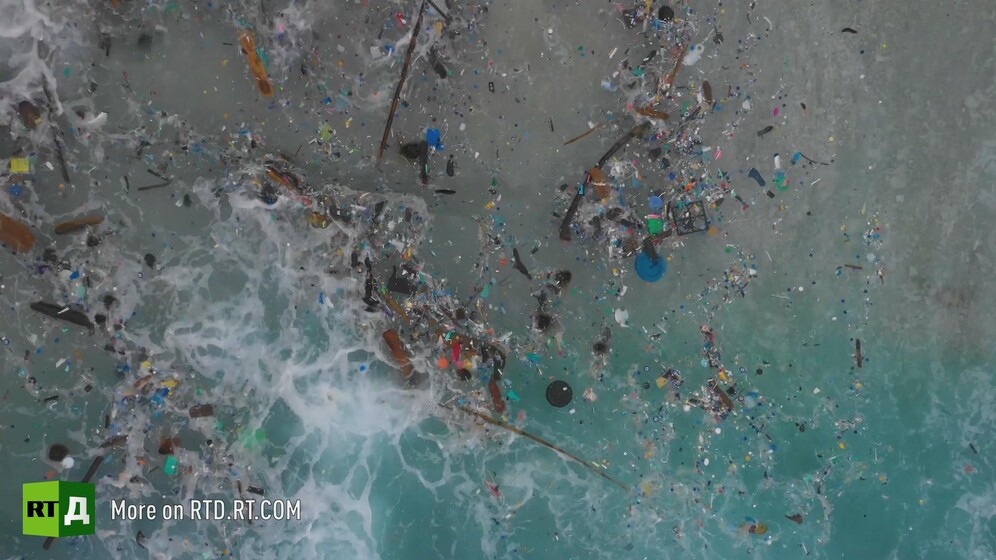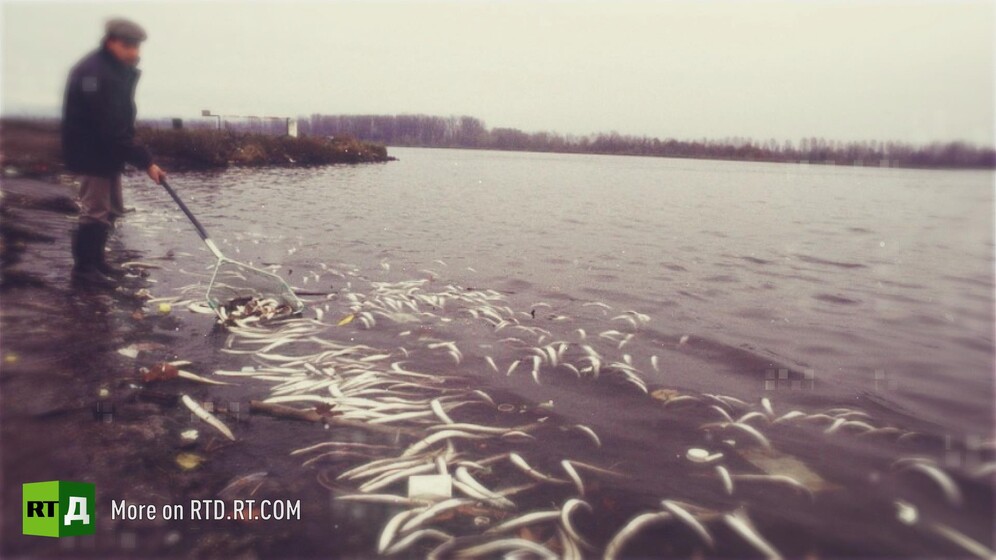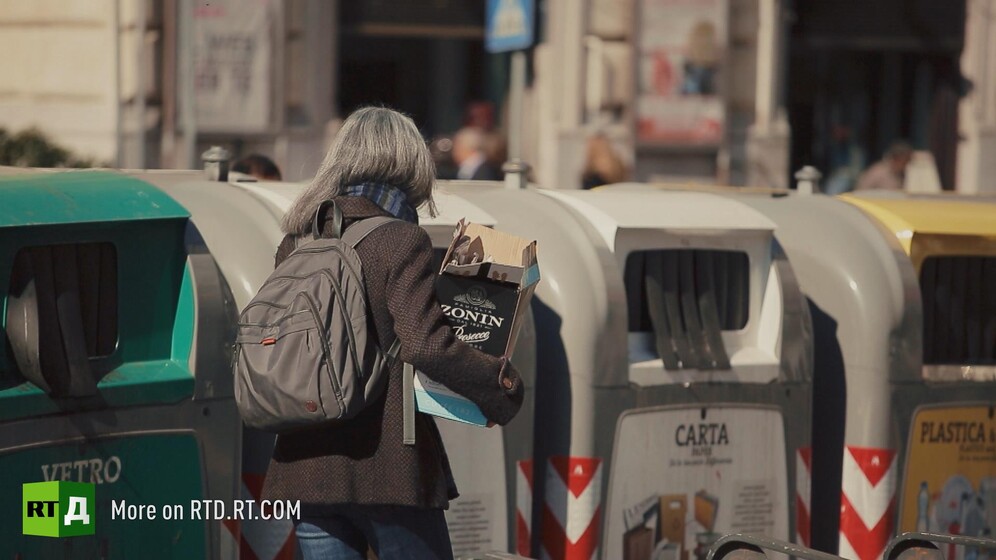Apocalypse Tomorrow
-
No Way Back Space Debris. Space pollution poses existential threat
-
No Way Back: Trash. Inside the global waste crisis
-
No Way Back: Heat. Climate change’s effects and workable solutions
-
No Way Back: Water . Water Crisis of the Anthropogenic Age
-
No Way Back: The Animal Kingdom. Bringing the Grey Whale population from the brink of extinction
No Way Back: Trash. Inside the global waste crisis
In evolutionary terms, humanity is only a recent arrival on our planet but our impact on the environment has been massive. In fact, so destructive that we have spawned a new geological era called the Anthropocene period. The ubiquitous monument to this man-made epoch is garbage, mountains of it on and under the ground, and floating around the seas and oceans.

No Way Back: Trash shows how the waste we produce has become a geological factor that changes ecosystems. Travel across Europe with RTD to learn more about the waste crisis and what is being done to solve it. Experts and scientists explain why trash is not just about environmental pollution that threatens numerous species. It's also a lucrative criminal business and the cause of severe health problems.

In Italy, we visit Malagrotta near Rome, once Europe's largest landfill site, and a Land of the Fires outside Naples where tons of buried and burned garbage are poisoning the local population. An M5S politician, Stefano Vignaroli, and journalist, Marilena Natale explain how the mafia profits from the illegal disposal of industrial waste. They also discuss waste-sorting efforts that are gradually changing Italy's cities.

Then, on to Germany to see a recycling role model that takes waste sorting seriously. Hamburg has even introduced Waste Watchers, city inspectors who keep litter off the streets. Germany also leads the way when it comes to water treatment. We visit a wastewater treatment facility on the Rhine river that was contaminated by toxic pesticides following a fire at a storehouse in Switzerland.